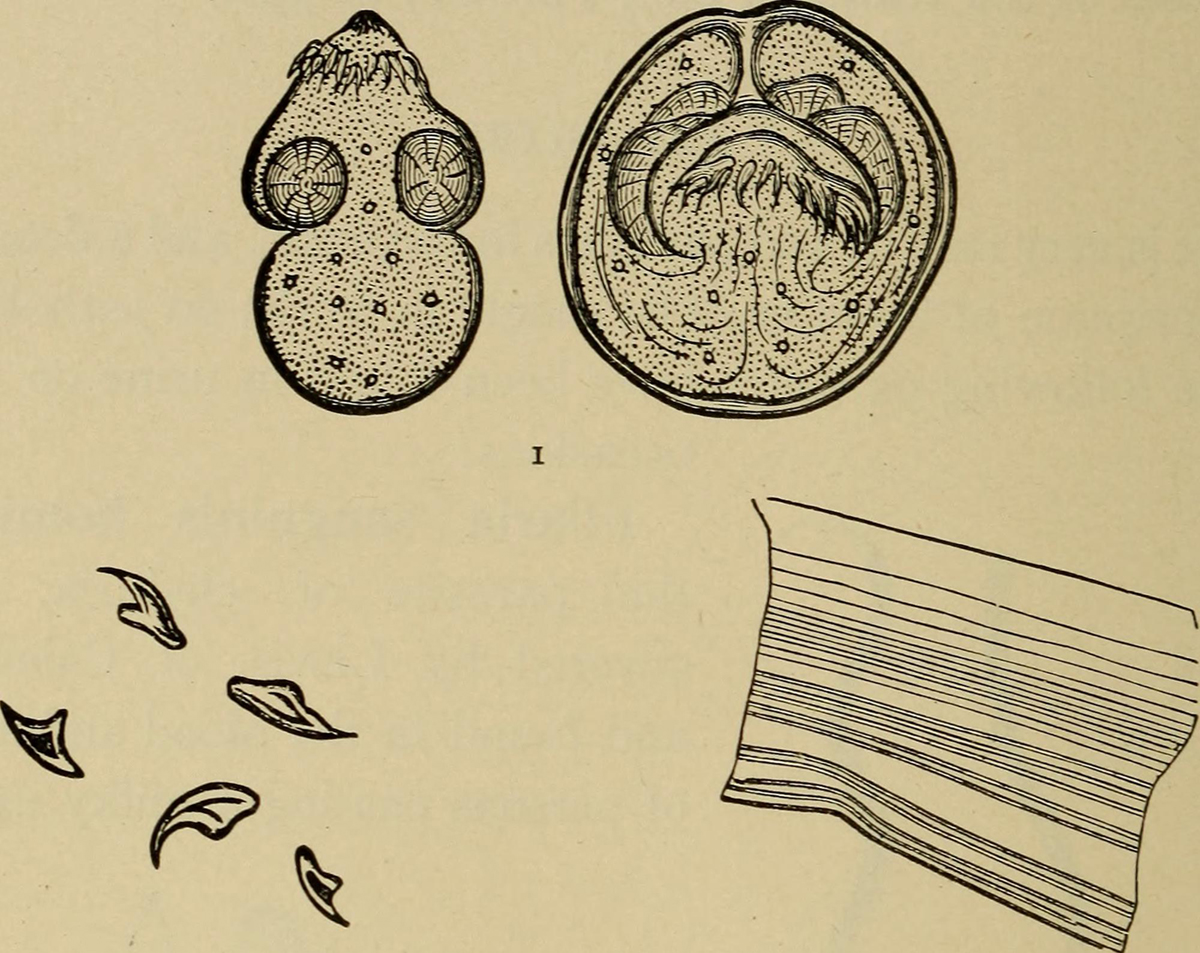
What is proteinuria?
Proteinuria is a conditionwhose main characteristic is a high level of proteins in urine. Thisis a serious medical disorder that can have severe consequences. Inthe following article, we will try to explain causes of proteinuria,how it is diagnosed and what can be done to treat it.
How kidneys work?
Kidneys filter the bloodin such a way that all that is regarded as inappropriate – excesswater, minerals, metabolic waste (metabolic byproducts, useless orharmful substances) gets in urine, while everything that is good anduseful gets back in the blood for continued use. Filtration is donein tiny channels, in upper part of which even useful glucose andessential blood plasma (which also contains proteins) pass throughthe pores in the tubes and become constituents of primary urine.Later, further down the channel, glucose and blood plasma areabsorbed back in the blood. Thus, there is not much protein left inwhat could be named “final version” of urine. So if there is moreprotein in (final) urine than is regarded as normal, that means thatthere is some sort of problem with the kidneys, caused by eitherkidney disease or an infection in the urinary tract.
Causes of high levels ofprotein in urine
Acute (sudden and strong)bacterial infections which affect either the nephrons (the functionaland structural unit of the kidney) or the glomerulus (a part of thenephrone) and causes their inflammation are common causes of highlevels of protein in the urine. Persons suffering from either type 1or type 2 diabetes can also have elevated levels of albumin (also aprotein) in their urine. This is the case with serious anduncontrolled cases of diabetes, and presence of albumin in thesepersons' urine is among the initial signs that their kidneys arebeginning to fail and that their function is diminishing.
Another common cause ofproteinuria is high blood pressure. If blood pressure is over acertain level, tiny blood vessels known as arteriole, which bring theblood into the glomerulus, can burst, pouring blood straight into thefiltration channel and causing not only elevated levels of protein inurine but blood in the urine as well.
Diagnosis
Proper treatment dependson proper diagnosis, as it is the cause that must be treated, not theconsequence. For most people, cloudy urine (opaque, unclear) is anindicator that there is something wrong with the protein level in it.However, cloudy urine can be caused by many things, there should beno jumping to conclusions. A test for protein level in urine shouldbe carried out, and plans for treatment can be made only if the testresults are positive. Some drugs can interfere with the tests (thedoctor will ask if you are currently using any drugs, and which) andtreatment with these should be stopped temporarily, to obtainunbiased results.
Treatment
As mentioned, treatmentwill depend on the cause of problem. Infections are treated withantibiotics, immediately, usually by oral administration, and insevere cases, with intravenous injection. In people who suffer fromdiabetes, primary target is the level of sugar in the blood, whichshould be reduced. High blood pressure sufferers should alter theirlifestyle and habits and/or use medications for hypertension.

















Your thoughts on this
Loading...